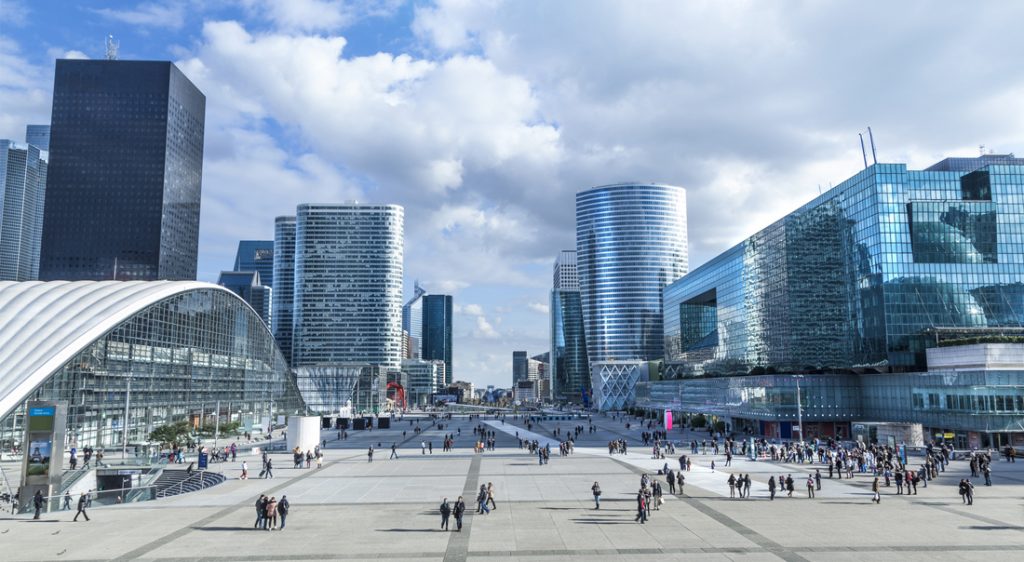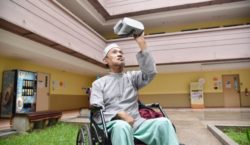
All over the world cities are focusing on becoming ‘Smart Cities’, and as many have already acknowledged, a Smart City is not only regarding technology, but also sustainability and human beings. For the latter of the two, Denmark is one of the world-leading countries, and Singapore shows a great interest in the Danish “overall way of thinking” and public involvement, especially when it comes to reach their goal on being the world’s first Smart Nation. Until now, experience shows it has been difficult to export these traditions to other countries, but the Danish foundation Industriens Fond will now test a whole new export model, called Smart City World Labs.
The Embassy of Denmark saw potential to stake on a Smart City-collaboration between Singapore and Denmark more than a year ago, and since then they have established a strong relation between Singaporean authorities and Danish interests within this field. A consortium consisting of the Danish Embassy in Singapore, Gate 21, DTU, and consulent company Quercus Group will in collaboration with Industriens Fond transform the Singaporean interest for the Danish way of thinking-model into export orders.
“The approach is to establish a living city lab, a “Living Lab”, in collaboration between Denmark and Singapore, where solutions and products will be demonstrated in practice by Danish and Singaporean companies. Singaporeans will be involved and take action to adjust Danish solutions into a Singaporean context, and afterwards be able to export their new solutions to both Singapore and the rest of Asia,” says Mads Lebech, administrative director of Industriens Fond.
The Smart City World Labs already consists of 40 Danish companies, organisations, universities, and municipalties. One of them is Gate 21, a partnership between municipalties and knowledge institutions, which are going to bridge the gap between Danish companies and Singapore.
“We will continue to build up the idea of a living city laboratory. The Living Lab-model has turned out to very sustainable in DOLL (Danish Outdoor Lighting Lab), which after six months after its opening has attracted delegations from all over the world. A coordinated teamwork builp upon tests and demonstrations one to one, will give Danish companies the opportunity to get into Singapore,” says Poul Erik Lauridsen, director, Gate 21. DOLL has in short time become world leading within intelligent lighting.
The Living Lab approach is build upon the fact that Singapore, just like Denmark, stakes to become world leading within Living Lab.
“Singapore is the third most densely populated country in the world. It’s the combination of this fact together with the strongly increasing amount of the elderly and one million cars on the street in a country, which is no bigger than the Danish island Bornholm, that makes Singaporeans focus to adjust the future with new and “smart” solutions within mobility and city planning. Here Denmark owns unique skill sets, which Singapore now has discovered. The Living Lab-platform is the first concrete result of the dialogue, which practically will open up the possibilities to the over all surrounding region,” says Danish Ambassador in Singapore, Berit Basse.
The Danish technical university DTU supports Ambassador’s consideration. “As a university DTU has wide expertise within smart solutions for water, transport, lighting, and intelligent energy systems. When this information can be combined with holistic solutions with Danish companies, global tech-companies and public operators, together we can create a strong foundation to implement a smart city with our partners in Singapore,” says Jan Molzen, office chief at DTU.
Compared to Denmark, Singapore has a more top down approach to a Smart City, which on the other hand is higly placed on the national agenda. The city state uses its strong technological take-off to manage the development of the smart city, but with the new Smart Nation strategy, there is now ambitions to use more public involvement and working more cross-sectorial.

“In Singapore “liveability” is ranked just as high on the agenda as in Copenhagen, and the Danish design approach and the old tradition of public involvement and innovative public-private solutionas are gaining high acknowledgement in Singapore. This is a huge chance for Danish companies. The Living Lab collaboration will make Danes understand the Singaporean needs, frames, projects, and the overall context. On one hand, it will strengthen Danish innovation and the global view, and on the other hand it will make the way for Danish export orders,” says Bettina Yanling Tan Fjældhøj, partner in consulent company Quercus Group.
The project Smart City World Labs will be conducted as a 2-year pilote project in Singapore, which afterwards are expected to scale to other cities.
Sources: www.um.dk




